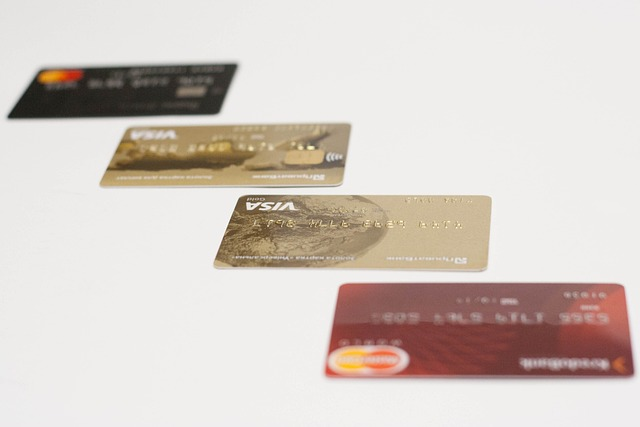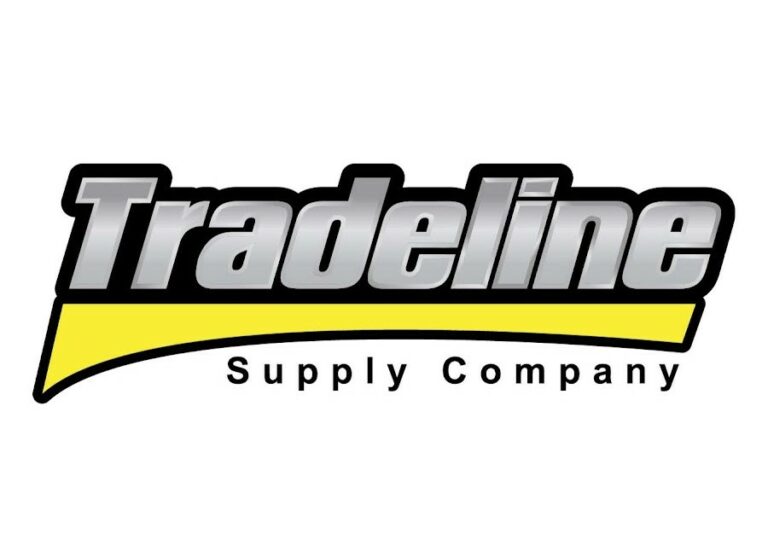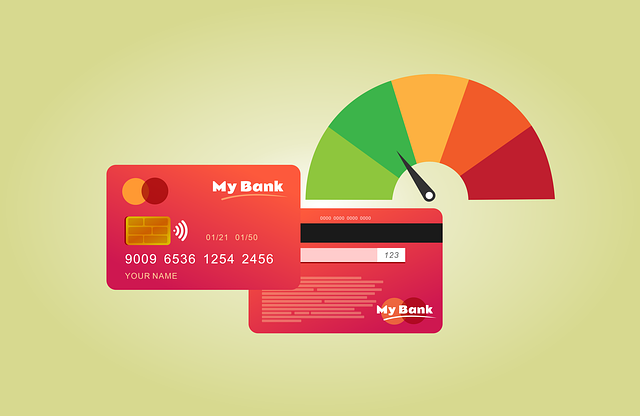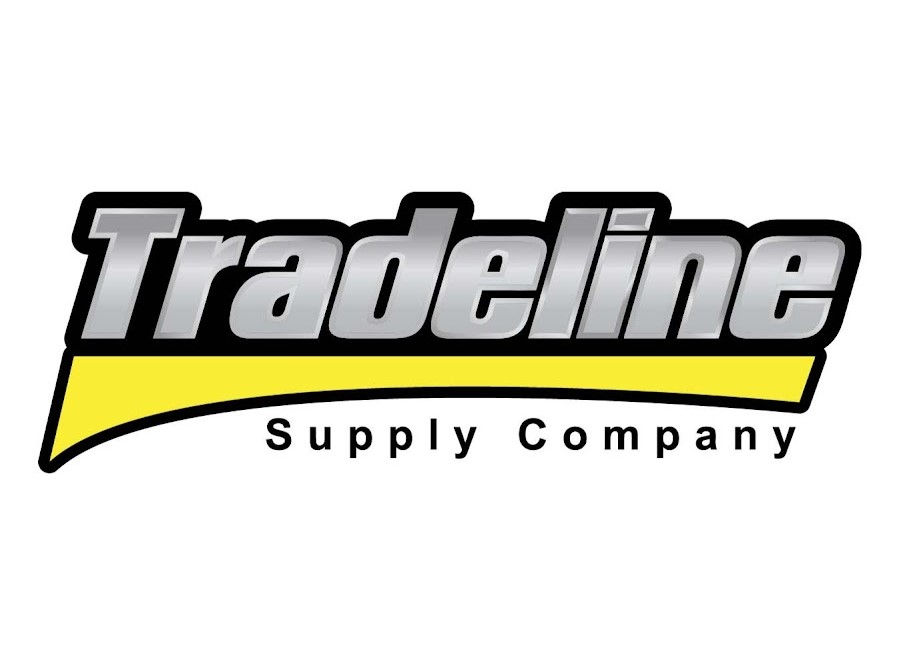What are Business Credit Cards?

Business credit cards are specifically designed for businesses to separate their personal and business finances. They offer financial flexibility and rewards tailored to business needs.
These cards differ from personal credit cards in several ways. They often have higher credit limits and can help build a business credit history.
Business credit cards also provide tools to track expenses, manage employee spending, and simplify tax preparation. They may offer rewards on everyday business expenses like office supplies, travel, and advertising.
How do Business Credit Cards work?
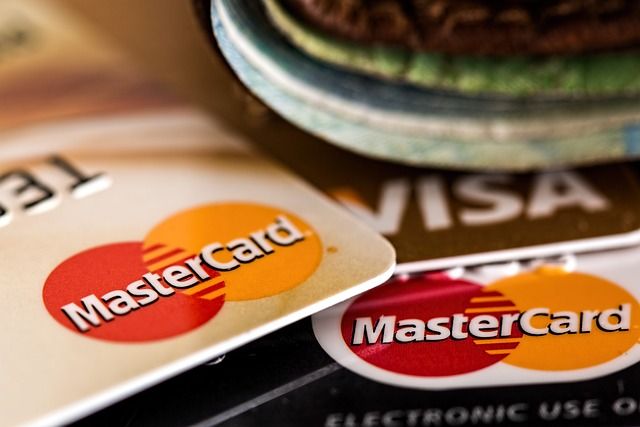
A business credit card operates similarly to a personal credit card but is designed specifically for business expenses. It offers separate billing cycles and does not report to the business owner’s personal credit.
Business credit cards allow companies to manage expenses, track spending, and build a separate credit profile. The billing cycle typically lasts a month, allowing businesses to make purchases and pay off the balance within that timeframe.
One key feature of business credit cards is the credit limit, which is the maximum amount that can be charged on the card. This limit is based on the business’s creditworthiness and financial history. Most business credit cards offer higher credit limits than personal credit cards. Businesses can use this revolving credit line to make purchases, pay bills, and cover other expenses.
Interest rates on business credit cards vary depending on the issuer and the card’s terms. It’s crucial for businesses to understand the interest they will incur if they carry a balance on the card. Making timely payments is essential to avoid accruing interest charges.
When using a business credit card, companies can take advantage of various perks and rewards tailored to their needs. These may include cashback rewards, travel benefits, discounts on business services, and rewards for specific categories like office supplies or advertising expenses.
Businesses can also benefit from features like balance transfers, which allow them to move existing debt from one card to another with lower interest rates. This can help businesses save money on interest payments and consolidate their debt more efficiently.
How Do Business Credit Cards affect Personal Credit Scores?
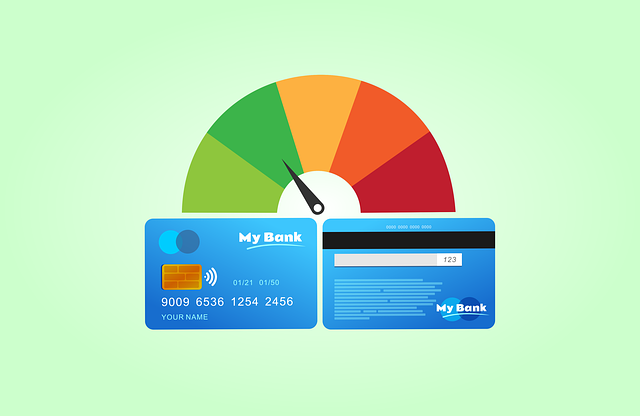
The relationship between business credit cards and personal credit can vary depending on several factors, including what information was used to open the card, whether it requires a personal guarantee, and what activity the individual credit card issuer reports.
Let’s explore what you should know about business credit cards and personal credit.
Personal Credit vs Business Credit
First, it’s essential to explore the differences between your individual credit score and your business’s credit score. Most people are familiar with consumer credit scores, such as FICO scores, that lenders use to assess personal financing options like mortgages, personal loans, car loans, or student loans. Your personal credit score is linked to your social security number (SSN).
The three major consumer credit bureaus are Experian, Equifax, and TransUnion. Credit account holders, such as credit card issuers, banks, mortgage lenders, etc., report credit activity to these bureaus. The credit reporting agencies then produce your credit report, which is a summary of your credit history and activity, and use that information to calculate your credit score.
Business credit refers to the credit history and creditworthiness of your enterprise. It’s typically linked to your business’s Employer Identification Number (EIN) or Tax ID. Business credit account holders, such as business lenders, trade or vendor accounts, and business credit card issuers, may or may not report credit activity to business credit bureaus like Dun & Bradstreet or Experian Business.
These business credit reporting agencies then produce a business credit report and calculate your business credit score, which is a different range than personal credit scores. Many commercial lenders use both personal and business credit scores when evaluating loan applications. While the distinction between business and personal credit is intended to separate finances, there are times when the lines between the two can become blurred.
Opening the Credit Card
Many small businesses lack the credit history to open a credit card exclusively in the business’s name. This means that instead of using their EIN to open the card, the business owners supply their social security number to run a personal credit check.
In these cases, business credit card companies review personal credit reports. Running a personal credit check can temporarily lower your FICO score. Moreover, it means that that activity on the card is likely linked to your personal credit.
Payment History
Business credit card payment history can significantly impact personal credit scores. When a business owner uses a business credit card, the payment history is often reported to the credit bureaus. If payments are consistently made on time and in full, it can positively impact the individual’s personal credit score.
On the other hand, late or missed payments can negatively affect the personal credit score. This is because personal credit scores can be influenced by the financial behavior of the business owner, especially if they are personally liable for the debt. It is crucial for business owners to manage their business credit card payments responsibly to maintain a good personal credit score.
Credit Utilization
Business credit cards can have a significant impact on credit utilization for both businesses and individuals. Credit utilization refers to the percentage of available credit currently in use. For example, if you have a $100 balance on a credit card with a $1,000 credit limit, your credit utilization ratio is 10%.
Business credit cards typically have much higher credit limits than personal credit cards. This increases the total available credit, lowering the credit utilization ratio.
On the other hand, If a business consistently uses a high percentage of its available credit on a business credit card, it can negatively impact the personal credit of the business owner or any individuals associated with the card.
Personal Guarantees
A personal guarantee is a promise made by an individual to take responsibility for a debt if the business fails to repay it. When a business credit card requires a personal guarantee, the business owner’s personal assets can be used to pay off the debt if the business cannot do so.
This can significantly impact personal credit scores because missed payments or high credit utilization on the business card can negatively reflect on the owner’s personal credit report. Therefore, business owners must manage their business credit cards responsibly to protect their personal credit scores.
Reporting Positive Activity vs Negative Activity
This is where things get even more complicated. Some business credit card issuers may only report negative credit card activity, such as missed payments. Only reporting this activity means the business credit card won’t affect personal credit if you manage it responsibly.
Other business credit cards only report positive activity, such as on-time payments. These cards allow you to build personal credit through responsible card management.
A few business credit card companies report both positive and negative activity. Ensure you carefully review the card agreement to understand how your activity gets reported, if at all.
Which Business Credit Cards Don’t Report to Personal Credit?

Here are the top business credit cards that don’t report to personal credit bureaus.
U.S. Bank Business Triple Cash Rewards World Elite Mastercard
The U.S. Bank Business Triple Cash Rewards World Elite Mastercard offers a competitive rewards program for business owners. Cardholders can earn 3% cash back on eligible purchases in the top three spending categories each month, 1% cash back on all other eligible purchases, and a $100 bonus after spending $1,000 in the first 90 days.
The card also has no annual fee for the first year and a variable APR ranging from 14.24% to 23.24%. Cardholders can benefit from various World Elite Mastercard perks, such as travel and purchase protection, concierge service, and more. Overall, the U.S. Bank Business Triple Cash Rewards World Elite Mastercard is a valuable option for businesses looking to maximize their rewards and benefits.
Wells Fargo Business Platinum Credit Card
The Wells Fargo Business Platinum Credit Card offers competitive rates and rewards for business owners. With a low introductory APR and no annual fee, this card is a cost-effective option for managing business expenses.
Cardholders can also earn rewards points on every purchase, which can be redeemed for cash back, travel, gift cards, and more. Additionally, the card provides access to Wells Fargo’s online banking platform, making tracking expenses and managing payments easy. Overall, the Wells Fargo Business Platinum Credit Card is a valuable tool for businesses looking to streamline their finances and earn rewards.
Visa Card from Divvy
The Visa Card from Divvy is a valuable tool for small businesses looking to manage their expenses efficiently. This card offers benefits such as real-time expense tracking, customizable spending limits, and automated expense reports.
With the Divvy Visa Card, small businesses can streamline their financial processes and gain better control over their spending. Plus, the integration with accounting software makes it easy to keep track of expenses and stay organized. Overall, the Divvy Visa Card is a convenient and practical solution for small businesses looking to simplify their expense management.
Costco Anywhere Visa Business Card
The Costco Anywhere Visa Business Card offers a competitive interest rate range for cardholders, typically ranging from around 15% to 25%, depending on creditworthiness. In terms of rewards, cardholders can earn cash back on purchases made at Costco and eligible gas stations worldwide.
Additionally, they can earn rewards on dining, travel, and other everyday expenses. The card provides an easy way for businesses to save money on purchases while earning valuable rewards.
CitiBusiness/ AAdvantage Platinum Select Mastercard
The CitiBusiness/AAdvantage Platinum Select Mastercard is an excellent option for small business owners who frequently travel with American Airlines. This card offers valuable benefits such as bonus miles for eligible purchases, free checked bags, and priority boarding.
With no foreign transaction fees and access to the AAdvantage program, cardholders can enjoy perks and rewards that enhance their travel experience. Additionally, the card provides tools for managing business expenses efficiently. The CitiBusiness/AAdvantage Platinum Select Mastercard is a smart choice for business travelers looking to maximize their rewards and enjoy travel benefits.
U.S. Bank Business Platinum Card
The U.S. Bank Business Platinum Card offers competitive rates and rewards for business owners looking to manage their expenses efficiently. With this card, users can take advantage of a low introductory APR on purchases and balance transfers, making it easier to finance large purchases or consolidate existing debt.
Additionally, cardholders can earn rewards on their everyday business spending, such as cashback or travel rewards. The U.S. Bank Business Platinum Card provides a valuable combination of cost-saving benefits and rewards for business owners seeking financial flexibility and perks.
What are the benefits of Business Credit Cards?

Business credit cards offer many benefits for businesses of all sizes. They allow for separating personal and business expenses, simplifying accounting processes. With higher credit limits than personal cards, businesses have more flexibility for larger purchases or unexpected expenses.
Earning rewards such as cash back, travel rewards, or points on purchases can help offset costs or fund future business trips. Introductory bonuses and free financing options, like 0% APR periods, provide added value. Ongoing rewards on everyday purchases and bonus rewards in specific categories further enhance the benefits of using business credit cards.
For businesses that frequently travel, cards with travel rewards offer additional perks like airport lounge access or travel insurance. Access to dedicated rewards centers makes it easy to redeem points for various rewards, maximizing their value for the business.
What are the drawbacks of Business Credit Cards?
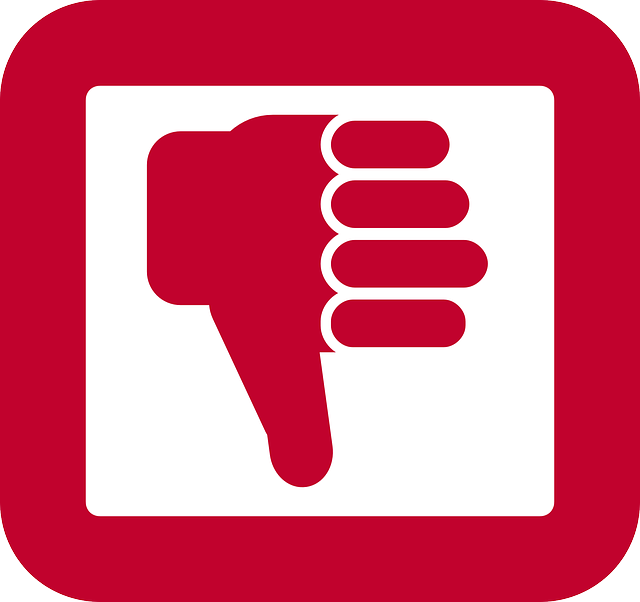
Business credit cards also come with drawbacks that users need to consider. One significant downside is the potential for debts to accumulate quickly if not managed properly. This can lead to financial strain and difficulties in meeting repayment obligations.
Business credit cards often have various fees and expenses attached to them. Such additional costs can eat into a company’s budget and reduce overall profitability. Here are some examples of fees that businesses might incur:
- Annual fees.
- Late payment fees.
- Cash advance fees.
- Foreign transaction fees.
Another drawback is that negative information can be reported to credit bureaus if a business fails to make timely payments on its credit card. This negative reporting can impact the company’s credit score and make securing favorable terms for future borrowing harder.
Moreover, the ease of spending with a business credit card can sometimes lead to overspending. Without proper budgeting and monitoring, companies may find themselves accumulating more debt than they can comfortably repay, leading to financial instability.
Business Credit Card Pros & Cons
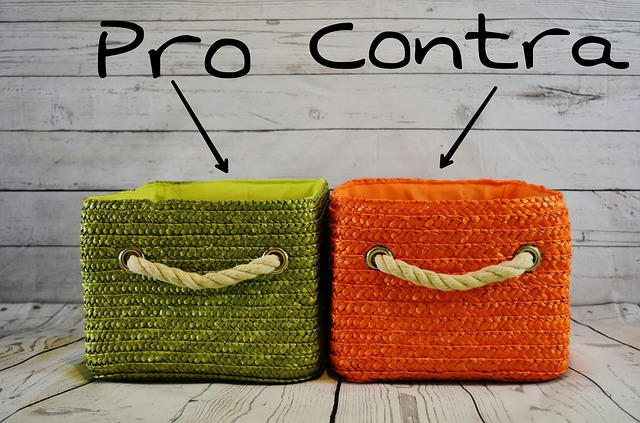
Pros:
- Convenient for making business purchases.
- Helps separate personal and business expenses.
- Can provide rewards or cashback on purchases.
- Offers access to credit for business needs.
- May come with additional perks like travel insurance or purchase protection.
Cons:
- High interest rates if balances are not paid in full.
- Annual fees may apply.
- Can lead to overspending if not managed properly.
- Could negatively impact personal credit if payments are missed.
- Limited acceptance compared to personal credit cards.
How do I get a Business Credit Card?

To get a business credit card, follow these steps:
- Research different business credit card options: Take the time to compare various business credit cards offered by different banks and financial institutions. Look at factors such as interest rates, rewards programs, annual fees, and credit limits to find the best fit for your business needs. Decide if you want a business credit card that reports to personal credit bureaus to help build your score or one that doesn’t report to protect your personal credit score.
- Check your business credit score: Just like with personal credit cards, your business credit score will play a significant role in determining your eligibility for a business credit card. Make sure your business credit score is in good standing before applying.
- Gather necessary documents: When applying for a business credit card, you will likely need to provide documentation such as your business tax ID, legal business name, address, and financial statements. Have these documents ready to streamline the application process.
- Apply for the business credit card: Once you have chosen a business credit card and gathered the necessary documents, it’s time to submit your application. You can typically apply online or in person at a bank branch.
- Wait for approval: After you submit your application, the credit card issuer will review your information and decide whether to approve it. This process can take anywhere from a few days to a few weeks.
- Receive and activate your card: If your application is approved, you will receive your business credit card in the mail. Be sure to activate the card before making any purchases.
- Manage your business credit card responsibly: Once you have your business credit card, it’s essential to use it responsibly. Make timely payments, keep your credit utilization low, and monitor your spending to ensure you stay within your budget.
Frequently Asked Questions

Here are the most common questions about business credit cards that don’t report to personal credit bureaus.
Do Business Credit Card issuers check Personal Credit?

Business credit card issuers may review your personal credit history during the application process to assess your creditworthiness. This involves checking your personal credit through consumer credit bureaus like Equifax or Experian.
While most focus on your business’s financial health, they still consider personal credit to evaluate risk. The issuer might request your SSN for a soft inquiry, which doesn’t impact your personal credit score. Hard inquiries from credit applications can have a minimal and temporary effect on your score.
Do Business Credit Cards require a Personal Guarantee?

Most business credit cards require a personal guarantee because they provide the credit card issuer with added security if the business fails to make payments. This is because most business credit cards are unsecured, meaning no other collateral is involved.
By having a personal guarantee, the issuer can hold the business owner personally responsible for any outstanding balances, reducing the lender’s risk. This gives the lender more confidence in extending credit to a business, especially if the company is new or lacks a strong credit history.
How do Business Credit Cards impact Business Credit?

Business credit cards are instrumental in establishing a strong business credit score by creating a separate credit profile. Responsible use, such as timely payments and managing balances, showcases financial reliability.
Benefits include higher credit limits, better loan terms, and rewards like cashback or travel points. Simplifying accounting and tracking expenses, these cards offer businesses a distinct advantage when choosing wisely based on fees, rates, and rewards programs.
Can I get a Business Credit Card with Bad Credit?
Obtaining a business credit card with bad credit may be easier than securing other types of business financing. However, it’s important to note that business credit cards for bad credit often come with higher interest rates and fewer rewards than cards for those with good credit.
Despite the challenges, a business credit card can still be a valuable financial tool for managing expenses and building credit over time. It’s essential to use the card responsibly, make timely payments, and keep balances low to improve creditworthiness in the long run.
Business Credit Cards That Don’t Report to Personal Credit – Final Thoughts

Business credit cards that don’t report to personal credit can be a valuable tool for entrepreneurs looking to separate their business finances from their personal credit history. By using these cards responsibly, business owners can build a strong credit profile for their company without impacting their personal credit score.
Choosing a card that fits your business needs and offers the right rewards and benefits is essential. These cards provide an excellent opportunity for small business owners to manage their finances effectively and establish a solid business credit foundation for future growth.
Contact us if you have more questions about business credit cards or to apply for a small business loan. Our alternative financing experts can help you find the best funding options for your business needs.


